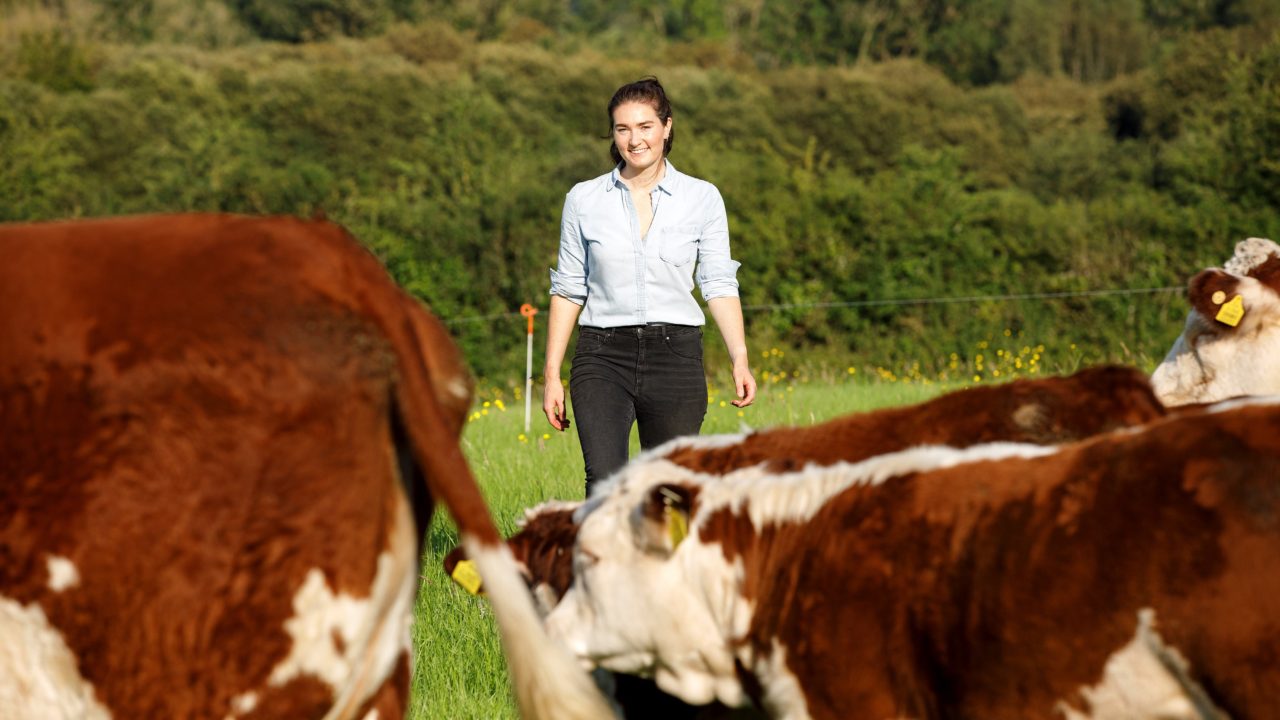Over 40,000 wives are working on farms essentially as “invisible labour” without receiving formal recognition for their work.
The Women in Agriculture Stakeholders’ Group (WASG) said that the overall Central Statistics Office (CSO) data shows that 70,000 women are working on farms every day in some capacity, and over 40,000 of these are married to farmers.
These figures are separate to the roughly 16,000 women who own farms and are in receipt of farm payments, according to WASG.
International Day of Rural Women
Speaking on International Day of Rural Women this week, the chairperson of the WASG, Hannah Quinn-Mulligan said that this “not seen, not heard” position on the value of women’s contribution to farm work needed to be called to a halt.
“Less than 20% of landholders worldwide are women and Ireland is particularly poor – with just 10.7% of Irish farms in female ownership,” Quinn-Mulligan said.
“We also have the fifth lowest number of female farm managers in the EU.
“There are roughly 130,000 family farms in the country with 70,000 women working across them, and yet just one half of the family farm unit is getting recognition for their work.”
Invisible labour in the CAP
The WASG has already outlined several Common Agricultural Policy (CAP) suggestions to ensure that the work of women in agriculture is recognised and valued.
“When is the Department of Agriculture going to sit up and take responsibility for ensuring that inclusivity is given priority status in the next CAP and call a halt to the ‘invisible’ labour women have been putting into farms for decades?” Quinn-Mulligan concluded.
Meanwhile, Minister of State at the Department of Agriculture, Food and the Marine (DAFM), senator Pippa Hackett, has called for greater equality between men and women in farm ownership.
Speaking in the Seanad to mark International Rural Women’s Day today (Friday, October 15), the senator said:
“No other occupation has such an imbalance in property ownership. We know that one quarter of our farm’s workforce are women, yet only 4% of farms registered with the Department of Agriculture are in joint female/male names.
“Women are listed as sole owners of 10% of all farmland in Ireland, but most of these women own the land through marital transfer, rather than succession or inheritance.
“These figures don’t tally well for equality,” she added.
